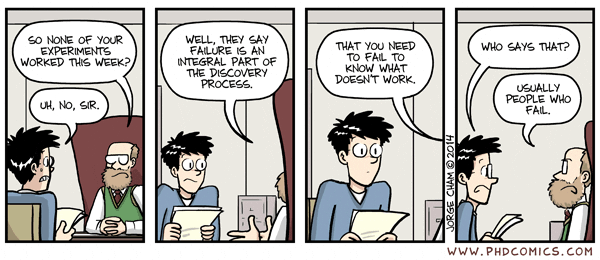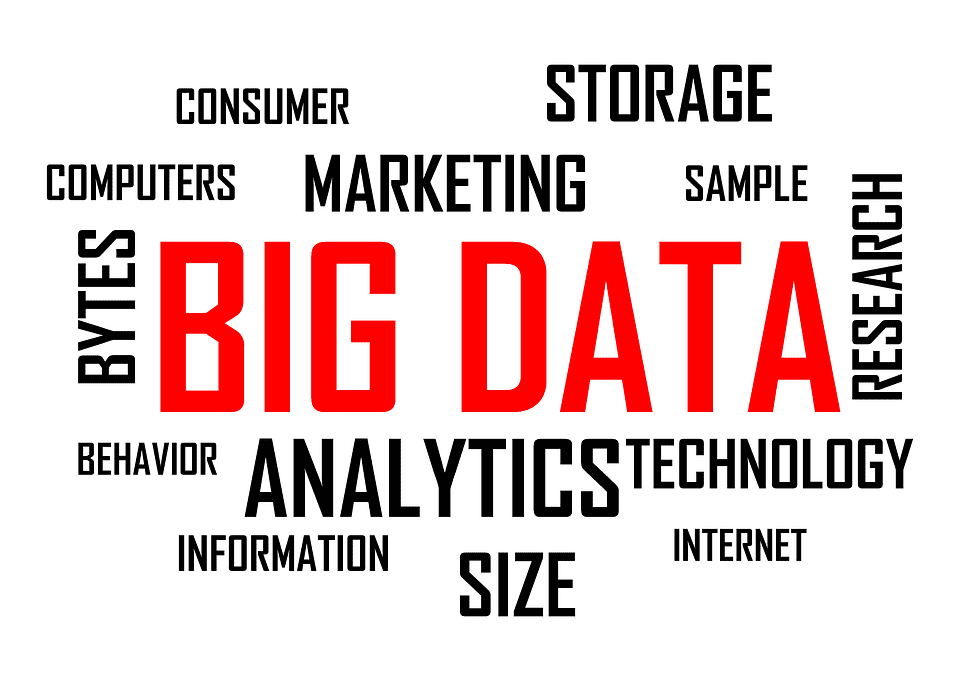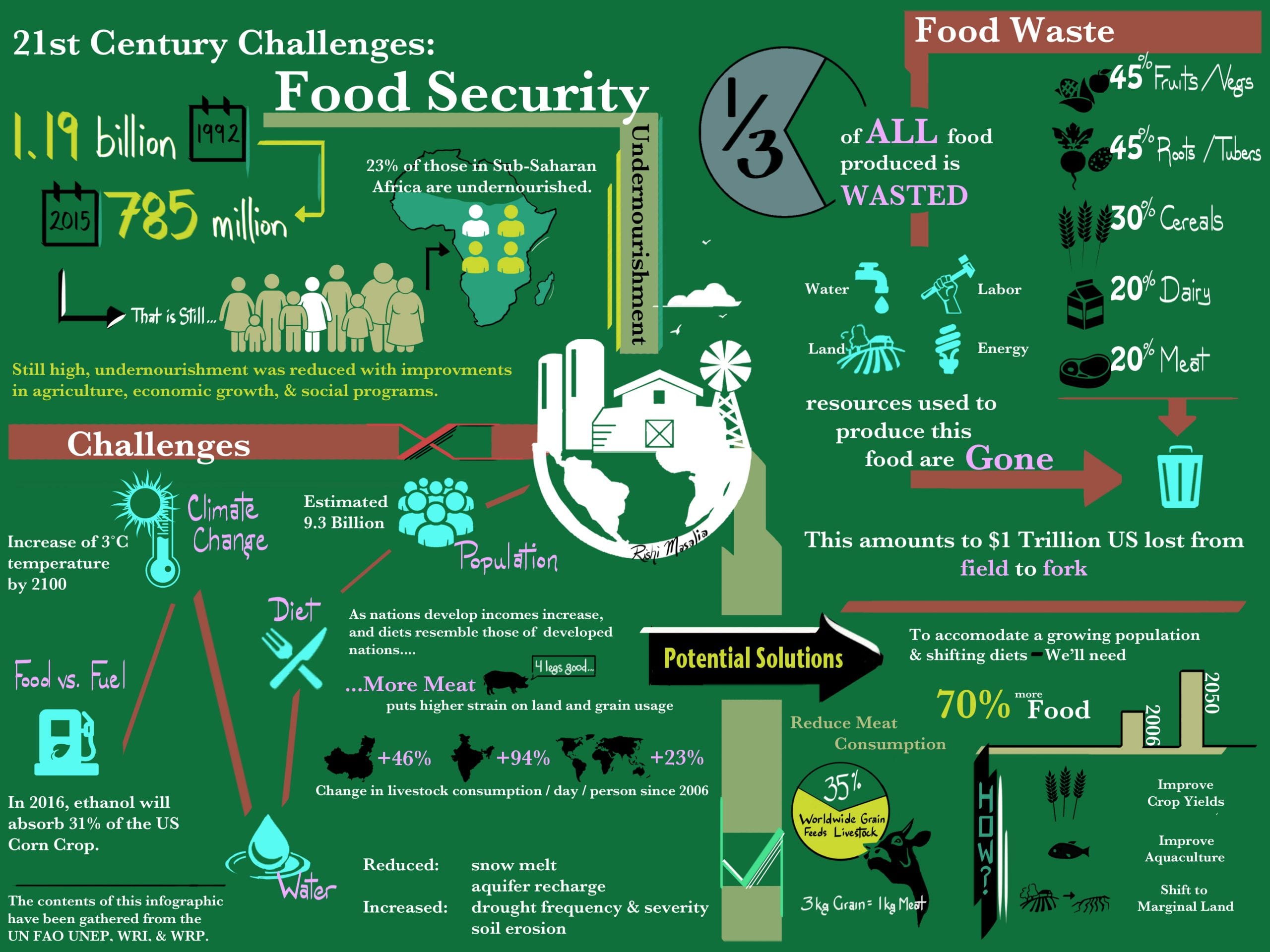
Maternity Care (Or Rather Lack Thereof) in STEM
In recent decades, we have seen an increase in women holding STEM related careers. Today, 25% of workers in STEM fields are female. It is time to begin the conversation on how policies, whether at the institute level or federal level, are going to affect our growing workforce of women. Although reliant on the growing










